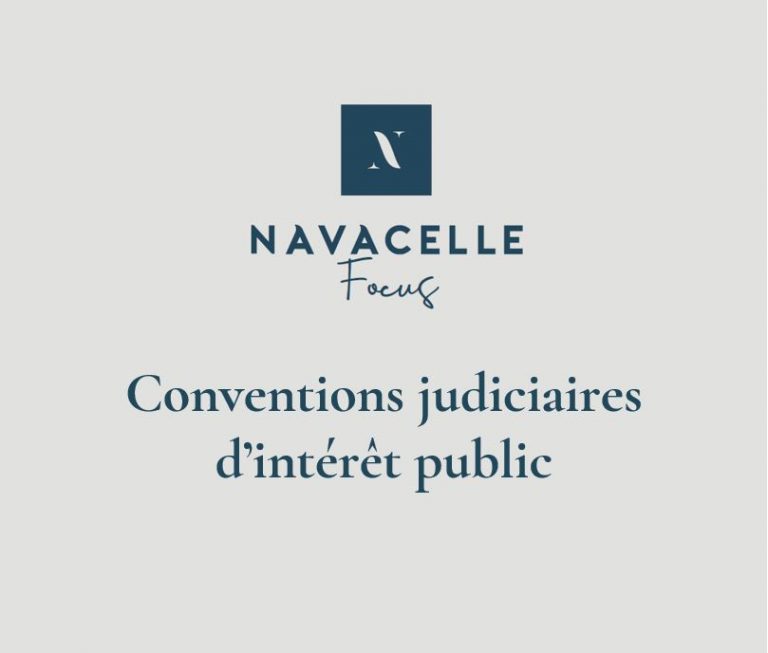A company operating as spare-part supplier for the aircraft industry, dismissed its sales assistant after an internal investigation revealed that she had accepted and ordered two iPads from one of the company suppliers, violating the company’s internal anticorruption policy.
While the lower court ruled against the dismissal, Anger’s Court of Appeal followed the employer’s reasoning, considering that “by personally accepting gifts of a significant amount from a supplier, twice and with an absolute discretion”, the employee had committed gross misconduct that justified her dismissal [1].
With this decision, the Court took a stance in favor of companies that adopt a strict interpretation of anticorruption policy and sent a strong message to employees who put their employer at risk. The Court operates a sort of balance of interests by supporting companies’ internal anticorruption policies, although the company was not subject to anticorruption law standards.
I. A willful breach of internal anticorruption rules constitutes gross misconduct justifying dismissal
Pursuant to French labor law, employees cannot be dismissed without reason [2] and a minima, must be found guilty of substantiated misconduct. In the present case, the Court recalled that “gross misconduct results from a fact or set of facts committed by the employee involving a violation of the obligations deriving from [the employee’s] employment contract and of such importance as to make it impossible for [the employee] to remain in the company”.
Here, the identified misconduct is the result of cumulated circumstances. The employee was guilty of having breaching company internal anticorruption and ethical policy, by personally ordering two Ipads without consulting management and asking for them to be delivered at her personal residence.
Moreover, the Court highlighted that she willingly denied and withheld the order, all the while being aware of the company’s internal policy, as she had participated in several company trainings on ethics and anticorruption and had been provided with documents that expressly specified anticorruption provisions regarding gifts. According to these rules, accepting gifts was prohibited, except for gifts of a “reasonable value”, capped at twenty euros – while the iPads amounted to 798 euros. The internal investigation carried out by the company revealed, that the employee had issued a similar order with the same supplier two years earlier, for an electronic pad.
Although no act of corruption was identified – as not the role of the labor judge – this decision is an indication of the willingness to support company efforts to prevent litigious behavior on the part of their employees.
II. A decision in line with French anticorruption provisions
Pursuant to Article 17 of the Sapin II law, only companies with over five hundred employees are required to implement an anti-corruption policy [3], including a code of conduct, an internal reporting procedure, an internal control procedure, risk mapping and trainings.
Here, while the company is under the threshold imposed by law [4], it voluntary chose to implement an internal anticorruption and ethics policy. This shows that anticorruption is increasingly considered as important by small economic actors, namely on account of the serious consequences uncovered corruptive schemes may have (e.g. financial, reputational, and potential prosecution).
Although the risks of corruption are the mere backdrop of this case, the gross misconduct is characterized by the risks for the company. By dismissing its employee, the company chose to avoid such risks.














